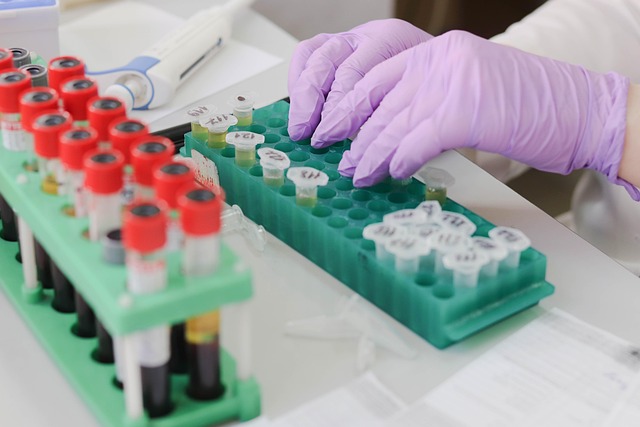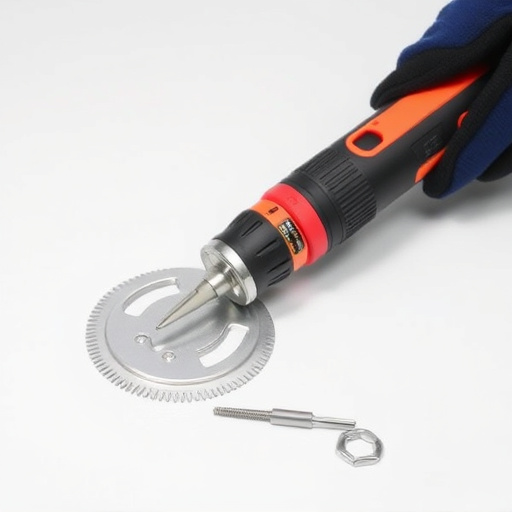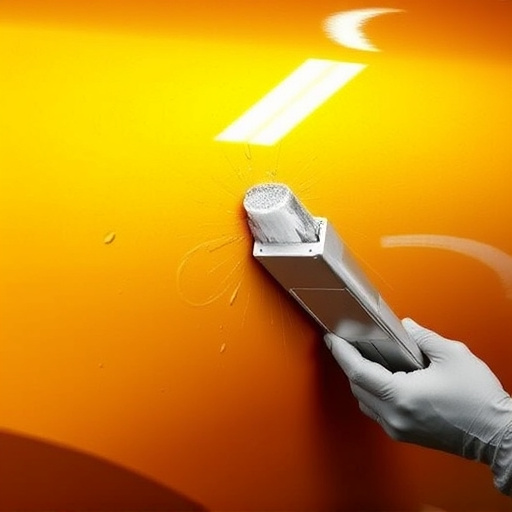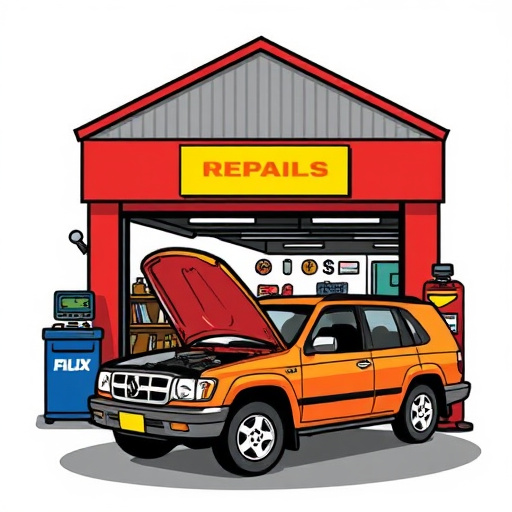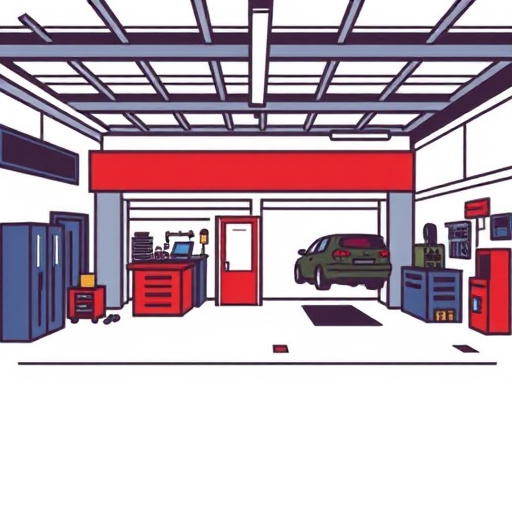Auto shops are leveraging data-driven repair planning to transform operations in today's digital landscape. By analyzing comprehensive datasets, they streamline collision repairs, enhance efficiency, and optimize resource allocation. This method enables swift task prioritization, precise budgeting, and proactive management for services like auto glass replacement. Historical data analysis anticipates future trends, boosting productivity and customer satisfaction through timely, high-quality collision repair services.
In today’s competitive automotive industry, data-driven repair planning is a game-changer for auto shops. By leveraging insights from historical data, shops can significantly enhance efficiency and accuracy in their repair processes. This article explores three key benefits of implementing data-driven strategies: enhancing efficiency through streamlined workflows, improving accuracy by reducing errors, and optimizing costs for long-term success. Discover how data can revolutionize your shop’s operations.
- Enhancing Efficiency: Streamlining Repair Processes with Data
- Improving Accuracy: Reducing Errors through Data Insights
- Optimizing Costs: Strategic Planning for Auto Shop Success
Enhancing Efficiency: Streamlining Repair Processes with Data

In today’s digital era, data-driven repair planning is revolutionizing the way auto shops operate. By leveraging comprehensive datasets, auto body shops can streamline their collision repair services and enhance overall efficiency. This approach enables them to optimize work processes, reduce downtime, and allocate resources effectively. With detailed information at their fingertips, shop managers can prioritize tasks, ensuring that complex repairs or high-demand services are addressed promptly.
This data-centric method also facilitates accurate budgeting and resource management for auto glass replacement and other critical services. By analyzing historical repair data, trends can be identified, allowing shops to anticipate future needs and prepare accordingly. This proactive approach not only improves productivity but also contributes to better customer satisfaction by delivering timely and high-quality collision repair services.
Improving Accuracy: Reducing Errors through Data Insights

Implementing data-driven repair planning is transforming the auto industry, especially for shops aiming to enhance accuracy and efficiency. By analyzing historical data, trends, and specific vehicle models, auto shops can make informed decisions, reducing errors that often plague traditional planning methods. This approach allows them to optimize their processes, ensuring every repair job is accurately estimated and executed.
For instance, data insights can reveal patterns in common repair needs for different vehicle types, enabling body shop services to streamline their operations. Moreover, tracking past jobs, including scratch repairs and auto glass replacements, helps in identifying potential issues and allocating resources more effectively. This level of precision not only improves customer satisfaction but also contributes to the overall profitability of the auto shop by minimizing costly mistakes.
Optimizing Costs: Strategic Planning for Auto Shop Success
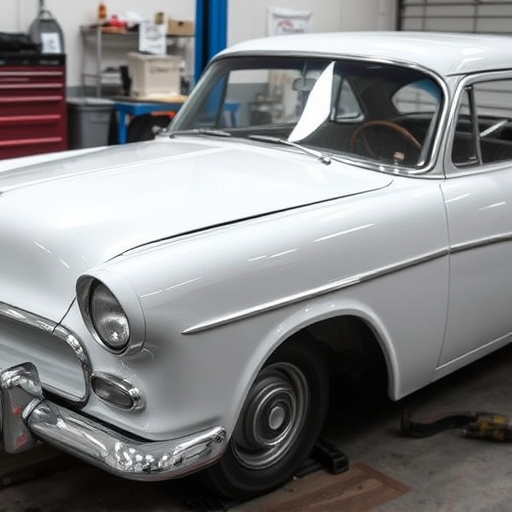
In today’s competitive automotive industry, data-driven repair planning is no longer an option but a necessity for auto shops to optimize costs and stay afloat. By leveraging insights from historical repair data, auto body shops can identify trends, predict parts requirements, and streamline their inventory management processes. This strategic approach enables them to reduce waste, minimize stockouts, and ultimately lower operational expenses.
Additionally, data-driven repair planning facilitates the allocation of resources more efficiently. Shops can anticipate peak service periods and staff accordingly, ensuring that customers experience shorter wait times and improved satisfaction levels. With a focus on process optimization and cost containment, auto body shops using this method gain a competitive edge, allowing them to offer high-quality auto body services at competitive prices, fostering customer loyalty in the process.
Data-driven repair planning is no longer a luxury but an absolute necessity for auto shops aiming to enhance efficiency, improve accuracy, and optimize costs. By leveraging insights from historical data, shops can streamline their processes, reduce errors, and make informed decisions that lead to better shop performance and customer satisfaction. Embracing data-driven practices is the key to staying competitive in today’s automotive industry.

